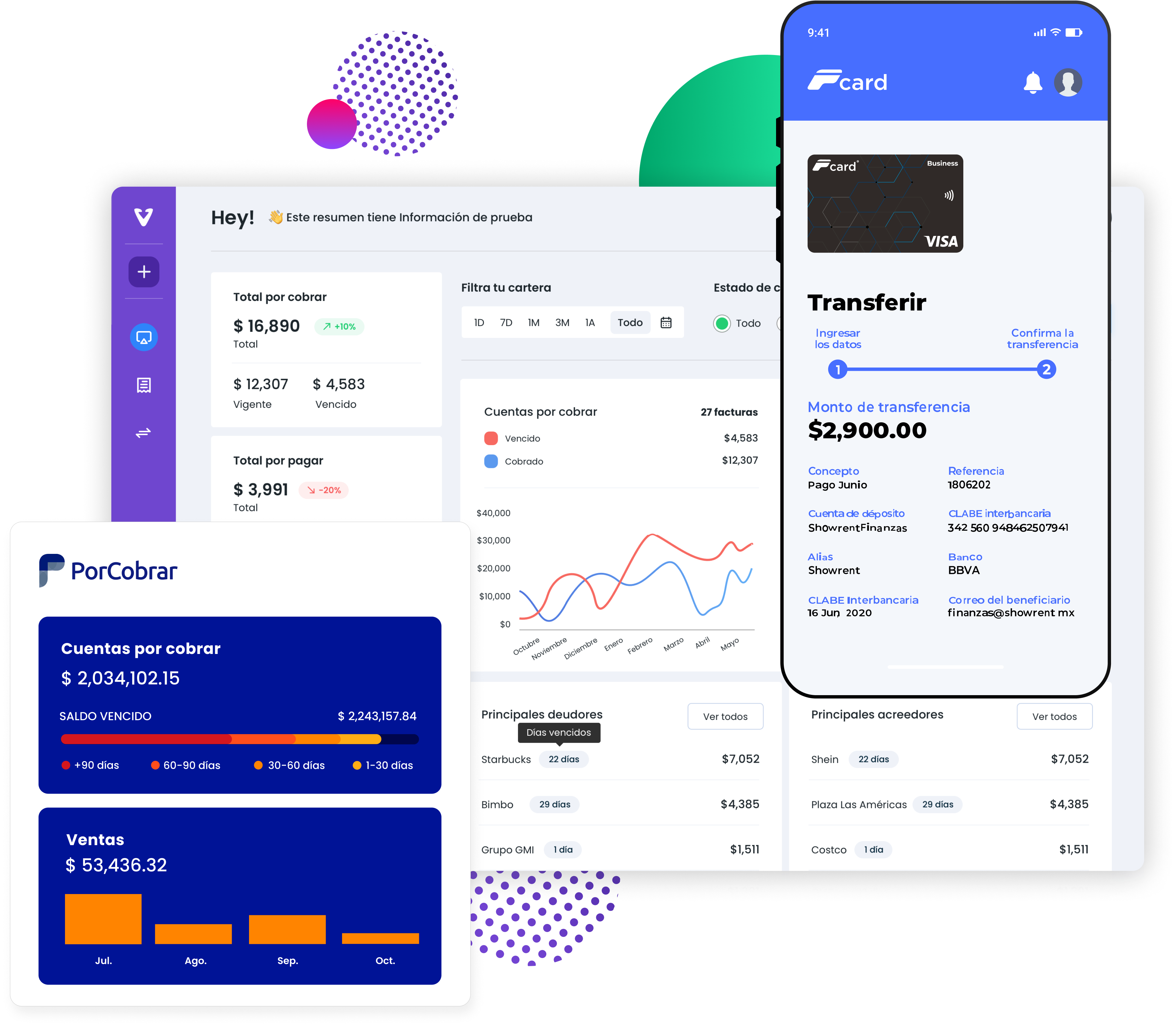News: The tale of two edtech IPOs
Hello and welcome back to Equity, TechCrunch’s venture capital-focused podcast where we unpack the numbers behind the headlines. Last week, Natasha and Alex jumped on Twitter Spaces to discuss the tale of two edtech IPOs: Duolingo, the consumer language learning company, and Powerschool, the enterprise K-12 software platform. It was a rare moment in the sun for the
Hello and welcome back to Equity, TechCrunch’s venture capital-focused podcast where we unpack the numbers behind the headlines. Last week, Natasha and Alex jumped on Twitter Spaces to discuss the tale of two edtech IPOs: Duolingo, the consumer language learning company, and Powerschool, the enterprise K-12 software platform. It was a rare moment in the sun for the recently-revitalized sector, which saw two companies list on the NASDAQ on the same dang day.
Special shout out to our producer Chris Gates for handling this impromptu live chat, tech difficulties and all, and bringing it to your ears on this lovely Monday. Don’t forget that Equity is largely on break this week!
Here’s what we got into, featuring some edtech entrepreneurs nice enough to drop on by:
- China’s edtech crackdown and how it is impacting startups both internationally and domestically. The regulations, one of which will force for-profit tutoring companies to turn into non-profits, are also getting the cold shoulder from U.S. edtech VCs, it seems.
- As Lightspeed Ventures investor Mercedes Bent so aptly put it, the news is somewhat ironic: “[T]he US edtech IPO market is on fire (after being dormant for so long) and the China edtech market is crumbling (after being on fire for so long).”
- Evidence of that can be found in the Duolingo IPO pricing arc. The company first posted a strong estimate of its worth, raised its range, priced above that raised interval, and still managed to trade higher. The company is still up more than $30 from its IPO price.
- Powerschool was a bit different. It priced at $18 per share, the low-end of its $18 to $20 range. The company is up from its IPO price, albeit a much more modest two, or three percent in today’s early trading.
In the second half of the show, we brought on the following host of edtech founders to share their hot takes about the current state of edtech:
-
- Philip Cutler, the founder & CEO of PAPER gave us an enterprise perspective. The startup recently raised $100 million in a Series C round led by IVP.
- Taylor Nieman, the founder & CEO of Toucan spoke language learning — and how she’s using Duolingo’s S-1 as a competitive advantage.
- Anada Lakra, the founder & CEO of BoldVoice, a startup that wants to help non-native English speakers hone their accents. TechCrunch covered the company here.
- Yeva Hyusyan, the founder of Sololearn, a Duolingo-like company that wants to teach coding instead of languages. The company recently raised $24 million.
Before we go, Equity is on a “break” this week, as we do some soul searching and refresh before our next run of shows. Obviously we still had to shaare this episode, and um, are recording another episode this week too, but you, my dear friend, will hear from us again next Monday.
Equity drops every Monday at 7:00 a.m. PDT, Wednesday, and Friday morning at 7:00 a.m. PDT, so subscribe to us on Apple Podcasts, Overcast, Spotify and all the casts.





